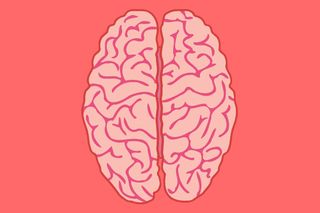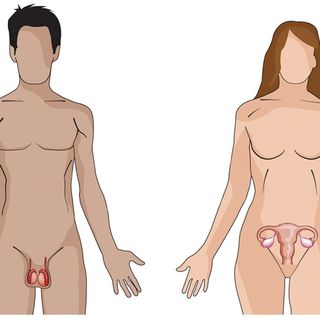
Scientists Discover Biomarker for Long Term Learning
Finding could inform new teaching methods that make information “stick.”

With the discovery of a possible biomarker for long-term learning, researchers at the VA Boston Healthcare System and Boston University School of Medicine, may have found something that could influence the way schools teach.
In the process of absorbing information, the brain’s ability to move new knowledge into long-term memory is essential to our ability to recall that information if and when it is needed, days, weeks, months or even years later. “In medicine, long-term learning is essential as life and death decisions may be based on information learned years earlier during medical school. At this time, there is no good biomarker that has been correlated with retention of long-term learning,” explained Dr. Andrew Budson, chief of cognitive and behavioral neurology at VA Boston, professor of neurology at BUSM, and senior author of the study published in the Journal of Cognitive Neuroscience.
Researchers ran the study on first-year BUSM students undertaking an introductory anatomy class, a course notorious for the large volumes of memorization it requires. They measured students’ brain responses to anatomical terms using electroencephalography (EEG) before starting the course, immediately following the course, and six months after the completion of the course.
“We found that a spike in the late positive component (LPC) brain wave correlated with one’s ability to retain the anatomical information long-term,” said corresponding author Dr. Katherine Turk, director of graduate medical education for neurology at VA Boston and instructor of neurology at BUSM.
According to the researchers, this brain-wave biomarker has the potential to allow educators to test educational techniques, and how effective they are for students’ long-term retention of information, by measuring special EEG event-related results. “Our results allow for various teaching methods to be tried in a classroom setting and measured immediately at the end of the course — possibly even at the end of a particular lesson,” added Turk. While these findings could change the way we test the efficacy of curricula, the researchers did not describe how such a test might be administered practically in a school environment.
More research would be needed to see if one could produce more and more enduring memories by using teaching techniques that create the greatest LPC spikes. In theory, it seems an interesting way to potential extend human memory farther than we’ve been able to systematically do before. But it also raises the question: What happens to those of us who don’t care to retain what we’ve learned in school?
Related


Indian Textbooks May Start Naming Genitalia
